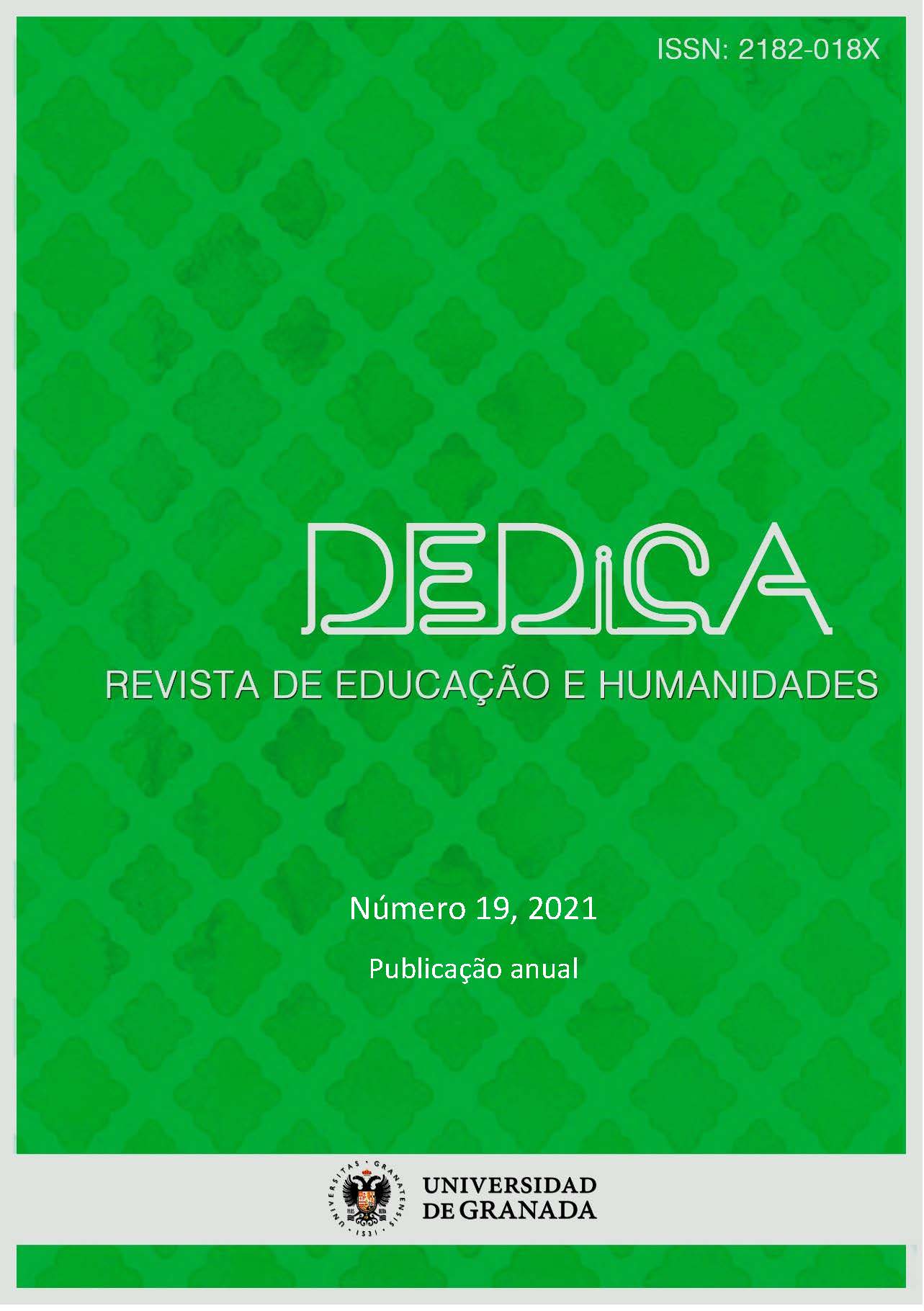Impact of music teaching on linguistic and mathematical competences. Comparative study in an Elementary School
DOI:
https://doi.org/10.30827/dreh.vi19.21937Keywords:
basic competences; language competences; mathematical competences; Music Education; Primary EducationAbstract
The objective of this study is to analyse the impact of Musical Teaching (program equivalent to Elementary Music Grade) in improving the linguistic and mathematical competences of Primary School Students. For this purpose, a quantitative correlational study was carried out using the results of the basic competences assessment tests in Catalan, Spanish, English and Mathematics of 679 sixth-grade students from the 2010 to 2019 academic years. The sample consisted of 679 Sixth-Grade Students (481 students in Regular Primary Education and 198 in Primary Education with Musical Teaching). The results of the descriptive and inferential statistical analysis show a higher average score for the Primary Education with Music Teaching Students, ranging from 0.81 points in Mathematics to 1.13 in English. The incidence of musical training is significant in the third year in linguistic competence and the fifth in mathematic competence.
Downloads
References
Arias-Rodriguez, I.; Nascimento, J.; Voigt, M.; Santos, F. (2019). Numeracy musical training for school children with low achievement in mathematics. Anales de Psicología, 35(3), 405-416. Epub 30 de noviembre de 2020. doi: 10.6018/analesps.35.3.340091
Forgeard, M.; Winner, E.; Norton, A.; Schlaug, G. (2008). Practicing a musical instrument in childhood is associated with enhanced verbal ability and nonverbal reasoning. PLoS-One, 3(10): e3566. doi: 10.1371/journal.pone.0003566
Franklin, M.; Moore, K.; Yip, C. Y.; Jonides, J.; Rattray, K.; Moher, J. (2008). The effects of musical training on verbal memory. Psychology of Music, 36(3), 353-365. doi: 10.1177/0305735607086044
Gottfried, T. L.; Staby, A. M.; Ziemer, C. J. (2004). Musical experience and Mandarin tone discrimination and imitation. The Journal of the Acoustical Society of America, 115, 2545–2545. doi:10.1121/1.4783674
Hallam, S. (2015) The Power of Music: A research synthesis of the impact of actively making music on intellectual, social, and personal development of children and young people. London: International Music Education Research Centre.
Hallam, S. (2010) The power of music: Its impact on the intellectual, social, and personal development of children and young people. International Journal of Music Education, 28(3), 269-289. doi: 10.1177/0255761410370658
Hetland, L. (2000). Learning to make music enhances spatial reasoning. Journal of Aesthetic Education, 34(3/4), 179–238. doi: 10.2307/3333643
Ho, Y. C.; Cheung, M. C.; Chan, A. S. (2003) Music training improves verbal but not visual memory: Cross-sectional and longitudinal explorations in children. Neuropsychology, 17(3), 439–450. doi: 10.1037/0894-4105.17.3.439
Holmes, S.; Hallam, S. (2017). The impact of participation in music on learning mathematics. London Review of Education, 15(3), 425-438. doi: 10.18546/LRE.15.3.07
Jakobson, L.; Lewycky, S.; Kilgour, A.; Stoesz, B. (2008). Memory for verbal and visual material in highly trained musicians. Music Perception, 26(1), 41-55. doi: 10.1525/mp.2008.26.1.41
Raja, V.; Bhalla, D. O. (2020). Impact of Carnatic music training on the mathematical ability of children. Early Child Development and Care, 15(1), s.p. doi: 10.1080/03004430.2020.1832484
Rauscher, F. H.; Hinton, S. C. (2011) Music instruction and its diverse extra-musical benefits. Music Perception, 29(2), 215–226. doi: 10.1525/mp.2011.29.2.215
Rauscher, F. H.; Zupan, M. A. (2000). Classroom keyboard instruction improves kindergarten children's spatial-temporal performance: A field experiment. Early Childhood Research Quarterly, 15(2), 215–228. doi: 10.1016/S0885-2006(00)00050-8
Rauscher, F. H. (2003) Can music instruction affect children’s cognitive development? ERIC Digests. Id: ED480540, 1-17. https://eric.ed.gov/?id=ED480540
Ribeiro, F. S.; Santos, F. H. (2020). Persistent Effects of Musical Training on Mathematical Skills of Children with Developmental Dyscalculia. Front. Psychol. 10:2888, 1-15. doi: 10.3389/fpsyg.2019.02888
Schellenberg, E. G. (2004). Music Lessons Enhance IQ. Psychological Science, 15(8), 511-514. doi: 10.1111/j.0956-7976.2004.00711.x
Schlaug, G.; Norton, A.; Overy, K.; Winner, E. (2005). Effects of Music Training on The Child’s Brain and Cognitive Development. Annals of the New York Academy of Sciences, 1060, 219-230. doi: 10.1196/annals.1360.015
Ventura-León, J. L. (2019). Tamaño del efecto para Kruskal-Wallis: aportes al artículo de Domínguez González et al. Investigación en Educación Médica, 8(30), 135-136. doi: 10.1016/j.riem.2017.07.002
Yang, H.; Ma, W.; Gong, D.; Jiehui, H.; Dezhong, Y. (2014). A Longitudinal Study on Children's Music Training Experience and Academic Development. Sci Rep, 4, 5854. doi: 10.1038/srep05854












